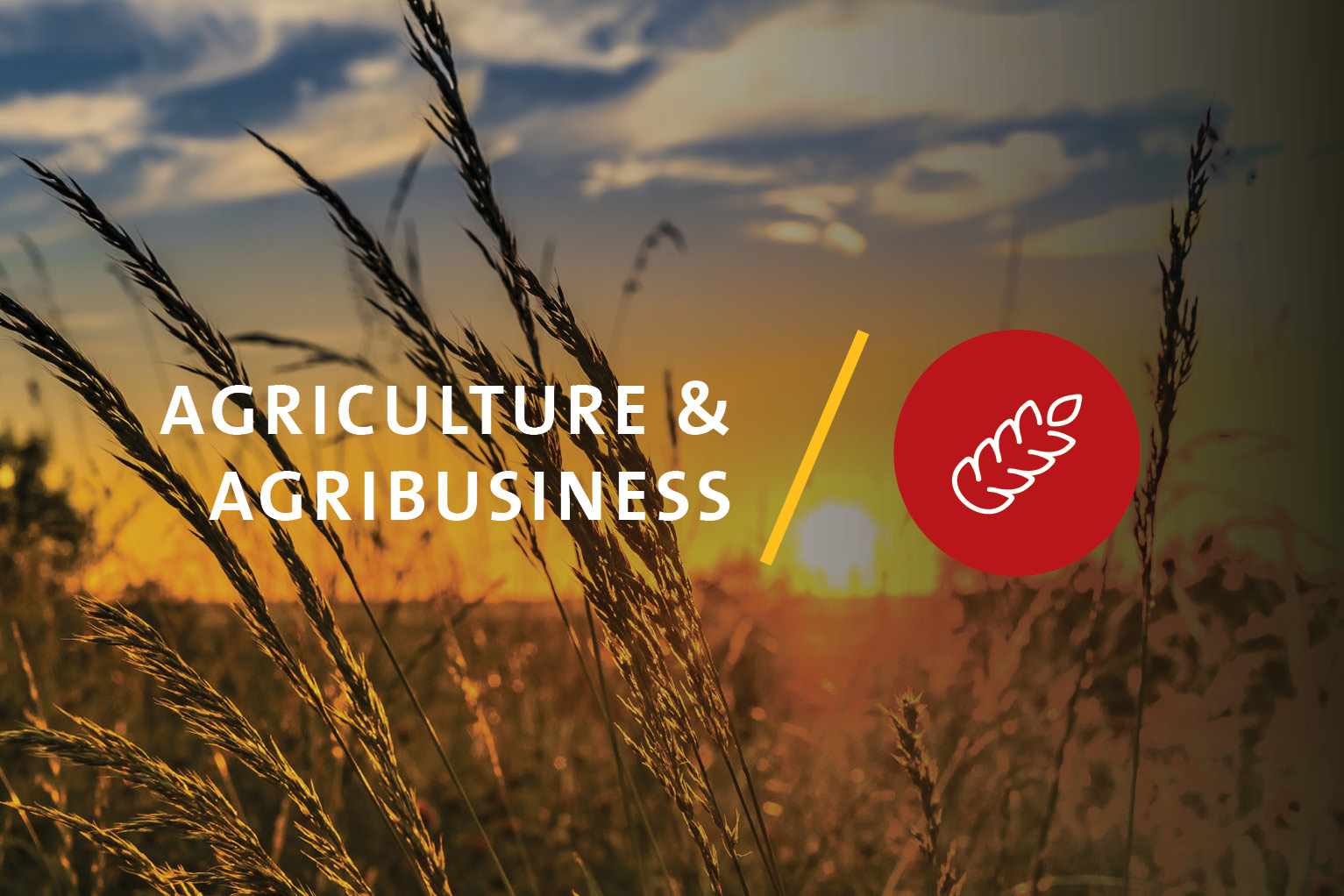
Background and Rationale
Zambia faces significant development challenges, with 60% of its population living below the national poverty line and rural poverty rates reaching 79%. Despite progress over the past two decades, malnutrition remains a major concern: over one-third of Zambian children are stunted, and the majority of households cannot afford a healthy diet.
The BMZ-funded FANSER+ project builds on the successes of its predecessor, aiming to improve the nutritional situation and resilience of poor rural households, particularly women and young children, in Eastern and Luapula provinces. FANSER+ distinguishes itself by prioritizing the active involvement and capacity building of government structures to ensure sustainable, government-led implementation of nutrition and gender-transformative approaches.
Objectives
- Increased the number of women of reproductive age meeting the Minimum Dietary Diversity for Women (MDDW) standard.
- Improved meal frequency and diversity for infants and young children, aligning with the Minimum Acceptable Diet (MAD) standard.
- Supported thousands of households in expanding agricultural production to include climate-resilient and nutrient-rich crops and foods.
- Strengthened women’s participation in household nutrition decisions, as reflected in the Household Decision Making Index. (Note: This indicator has been flagged for future revision due to inconclusive baseline data.)
- Enabled government representatives to enhance nutrition-related policies and services through multisectoral coordination.
Tasks of the expert
- Overseeing the recruitment, training, and certification of Saving and Internal Learning Communities (SILC) Field Agents (FAs) and their transition to Private Service Providers (PSPs).
- Supporting the formation and growth of SILC groups, with a strong focus on inclusion, self-management, and sustainability.
- Embedding financial literacy and gender-transformative elements into SILC training content and delivery.
- Strengthening linkages between SILC and Care Group activities to promote joint financial and health decision-making.
- Supporting the use of SILC monitoring tools and coordinating with the M&E officer to track progress.
- Documenting good practices and contributing to scale-up strategies that are responsive to provincial contexts.
- Bachelor´s degree in Rural Development, Development Economics, Social Sciences, or Project Management, with a specialization or thesis focus on financial inclusion, livelihoods, or community-based savings mechanisms;
- At least 6 years of relevant working experience in rural livelihoods and economic empowerment, including household resilience, women’s income generation, and poverty reduction;
- 5 years experience in implementing village/community-based saving and loan groups;
- 3 years experience with fostering joint decision-making at household level;
- 2 years experience in monitoring of rural financial inclusion (e.g. monitoring outcomes of saving/loan groups);
- 5 years of experience in development cooperation projects in Zambia.
The project is expected to start in February 2026 and will run for 22 months
Please upload your current CV here
